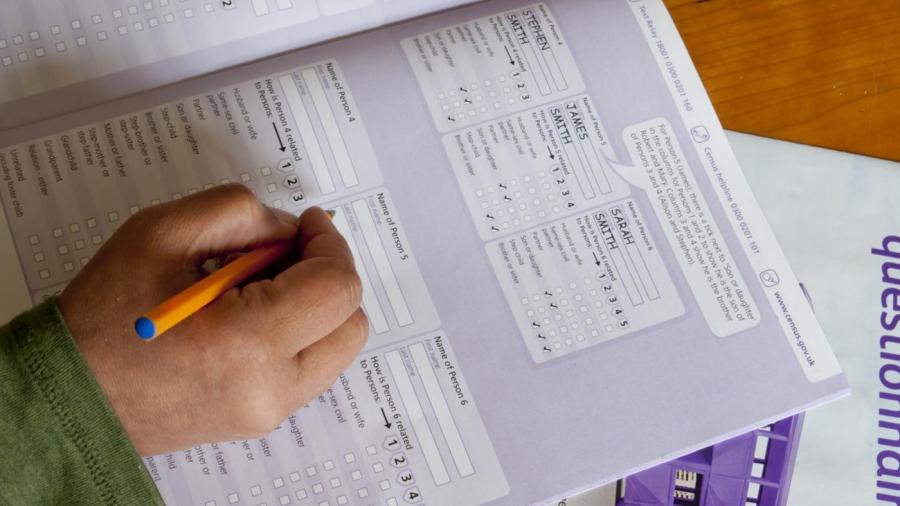What Is Descriptive Economics?

“Descriptive economics” involves gathering and compiling data about the economy, while “economic theory” involves the interpretation of this data as well as the formation of hypotheses. Descriptive economics occurs when economists make observations, notice patterns and record facts.
Economic theory uses descriptive economics to make a series of statements related to the cause and effect of social and economic phenomena. For example, an economic theory could be “people will buy less of a product if the price goes up.” Economists would then observe after the price increase whether or not cigarette sales declined. Economists use a process called “inductive reasoning” to bridge the gap between the gathering of facts, or “descriptive economics,” and the interpretation and generalization of data or “economic theory.”





